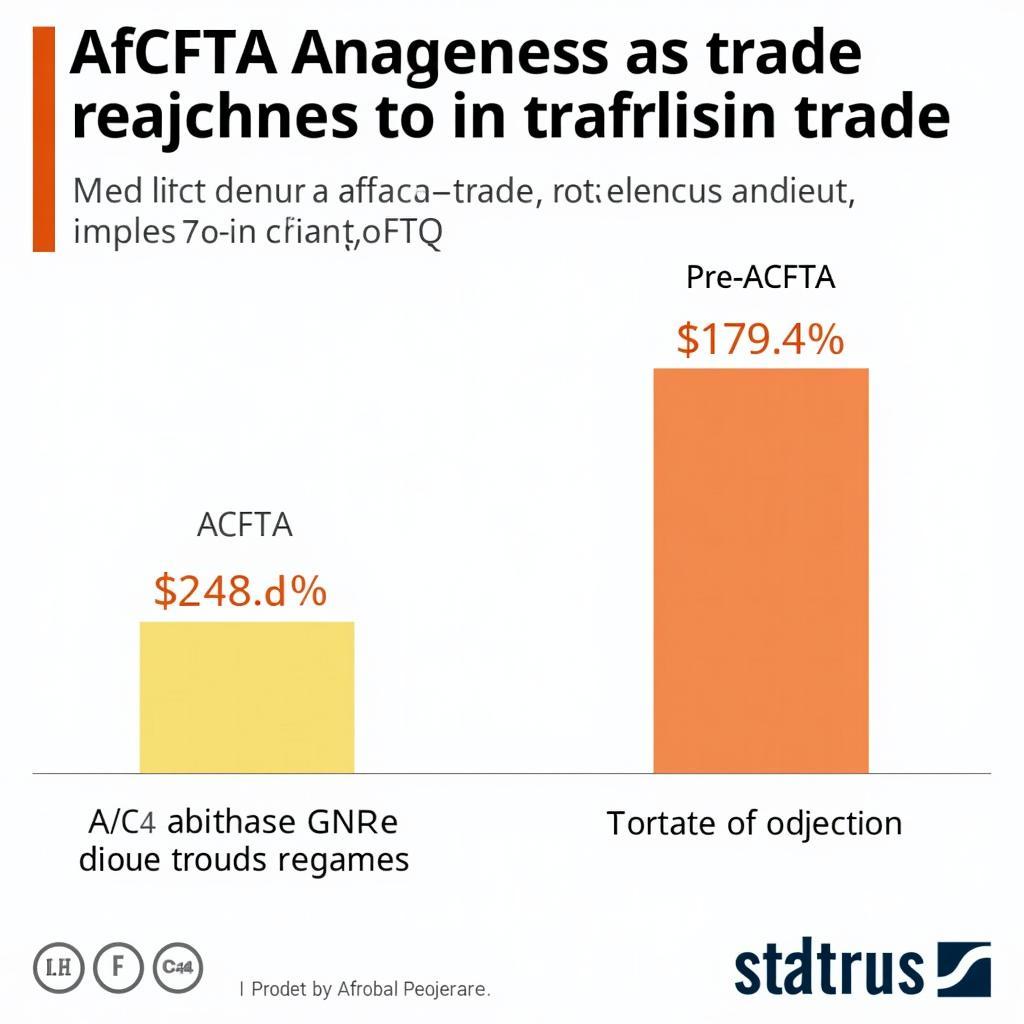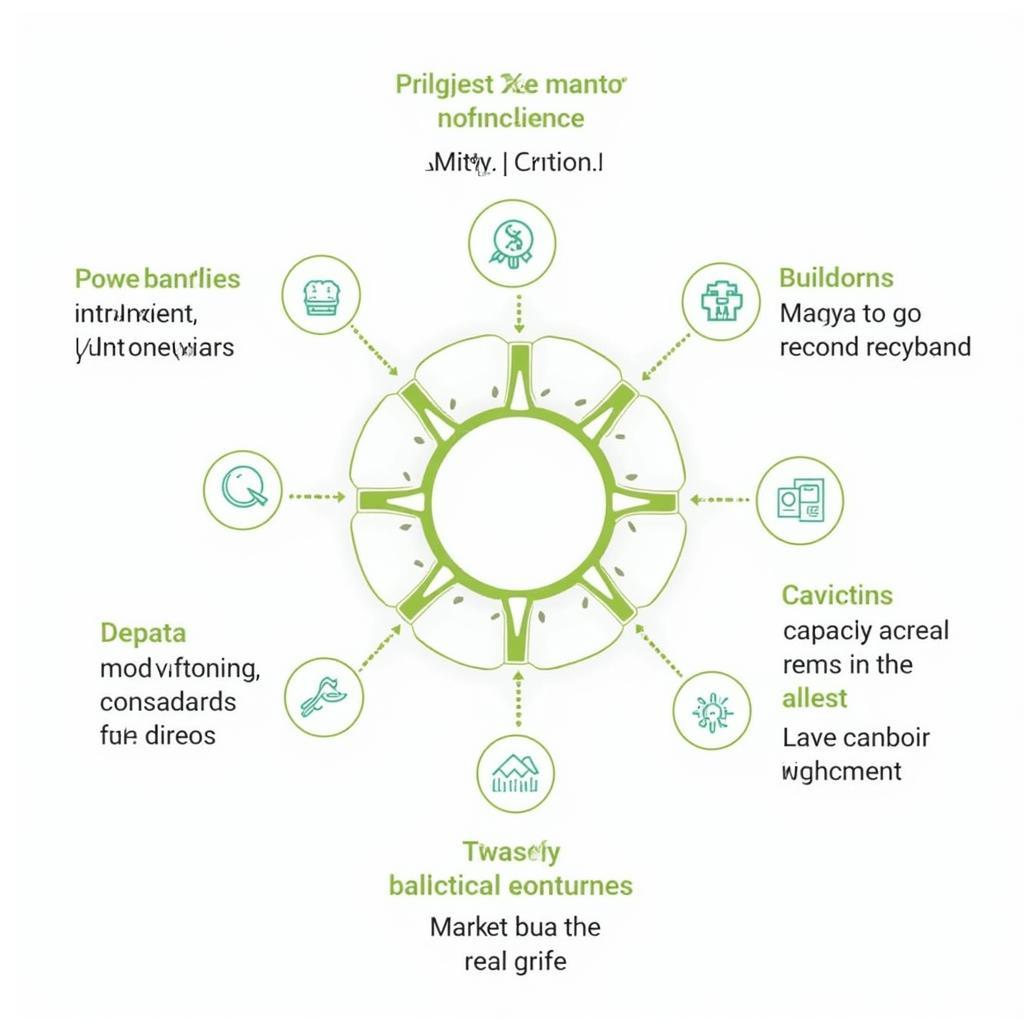African Continental Free Trade Agreement: A UPSC Perspective
The African Continental Free Trade Agreement (AfCFTA) has emerged as a game-changer for the continent’s economic landscape. This agreement holds immense significance for aspirants preparing for the UPSC examination, particularly those focusing on international relations, economics, and African affairs. Understanding the AfCFTA, its implications, and the challenges it faces is crucial for a comprehensive grasp of contemporary African dynamics.
Understanding the African Continental Free Trade Agreement (AfCFTA)
The AfCFTA aims to create a single continental market for goods and services, with free movement of people and investments. It represents a bold vision for Africa’s economic integration and has the potential to unlock significant growth and development opportunities. Signed in 2018 and entered into force in 2019, the agreement brings together 54 African Union member states, making it the largest free trade area in the world in terms of participating countries since the formation of the World Trade Organization. Its primary goal is to boost intra-African trade, reduce reliance on external markets, and promote industrialization and value addition within the continent. The african free trade area upsc is a key topic for understanding the changing dynamics of international trade.
The AfCFTA seeks to eliminate tariffs on 90% of goods, simplify customs procedures, and address non-tariff barriers that impede trade. By fostering a more conducive trading environment, the agreement aims to attract foreign direct investment, stimulate entrepreneurship, and create jobs.
Implications of the AfCFTA for Africa
The successful implementation of the AfCFTA is expected to have far-reaching implications for Africa’s economic and social development. By reducing trade costs and promoting regional value chains, the agreement can significantly boost intra-African trade, leading to increased economic growth and job creation. This could also lead to greater diversification of African economies, reducing their dependence on commodity exports and fostering industrialization.
Economic Growth and Development
The AfCFTA has the potential to lift millions of Africans out of poverty by creating new economic opportunities. The agreement could also enhance regional integration, strengthening political and social ties among African countries. It can empower women and youth by providing access to wider markets and fostering entrepreneurship.
Regional Integration and Cooperation
The AfCFTA necessitates enhanced cooperation among African countries in areas such as trade facilitation, infrastructure development, and regulatory harmonization. This could lead to stronger regional institutions and greater political stability.
 AfCFTA Boosting Intra-African Trade
AfCFTA Boosting Intra-African Trade
Challenges and Opportunities of the AfCFTA
While the AfCFTA presents significant opportunities, it also faces several challenges that need to be addressed for its successful implementation.
Addressing Non-Tariff Barriers
Non-tariff barriers, such as bureaucratic procedures, technical regulations, and infrastructure deficiencies, remain a major obstacle to trade in Africa. Addressing these challenges requires concerted efforts by African countries to streamline regulations, improve infrastructure, and enhance trade facilitation measures. The african free trade area upsc is a crucial topic for understanding the intricacies of international trade regulations and agreements.
Infrastructure Development
Inadequate infrastructure, including transport, energy, and communication networks, poses a significant constraint to trade and investment in Africa. Investing in infrastructure development is crucial to unlock the full potential of the AfCFTA.
Capacity Building
Many African countries lack the institutional capacity and technical expertise to effectively implement the provisions of the AfCFTA. Capacity building initiatives are essential to enhance the ability of African countries to benefit from the agreement.
 Challenges and Opportunities of the AfCFTA
Challenges and Opportunities of the AfCFTA
“The AfCFTA represents a paradigm shift in Africa’s economic trajectory. Its success hinges on addressing existing challenges and harnessing the immense potential for regional integration.” – Dr. Akinwumi Adesina, President, African Development Bank.
“The AfCFTA is not just about trade; it is about creating a more integrated and prosperous Africa.” – Vera Songwe, Executive Secretary, United Nations Economic Commission for Africa.
Conclusion
The African Continental Free Trade Agreement (AfCFTA) holds immense promise for Africa’s economic transformation. By boosting intra-African trade, promoting industrialization, and fostering regional integration, the agreement can unlock significant development opportunities. However, addressing the challenges related to non-tariff barriers, infrastructure development, and capacity building is crucial for the successful implementation of the AfCFTA. Understanding the nuances of the AfCFTA is essential for UPSC aspirants seeking to analyze the changing dynamics of African affairs and the global economy.
FAQ
- What is the AfCFTA? (The AfCFTA is a free trade area aimed at creating a single market for goods and services across Africa.)
- When did the AfCFTA come into force? (2019)
- How many countries are members of the AfCFTA? (54 African Union member states)
- What are the main objectives of the AfCFTA? (Boost intra-African trade, reduce reliance on external markets, and promote industrialization.)
- What are some of the challenges facing the AfCFTA? (Non-tariff barriers, infrastructure deficiencies, and capacity constraints.)
- What are the potential benefits of the AfCFTA? (Increased trade, economic growth, job creation, and regional integration.)
- How can the AfCFTA benefit UPSC aspirants? (It provides valuable insights into contemporary African affairs, international relations, and economics.)
Need assistance? Contact us: Phone: +255768904061, Email: kaka.mag@gmail.com or visit our office at Mbarali DC Mawindi, Kangaga, Tanzania. We have a 24/7 customer support team.

